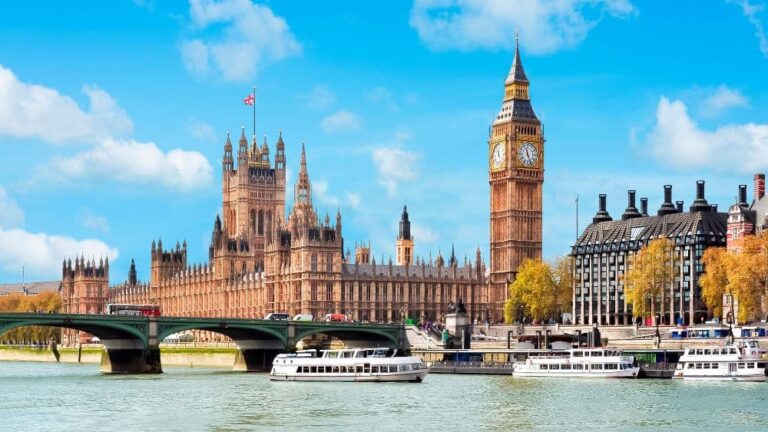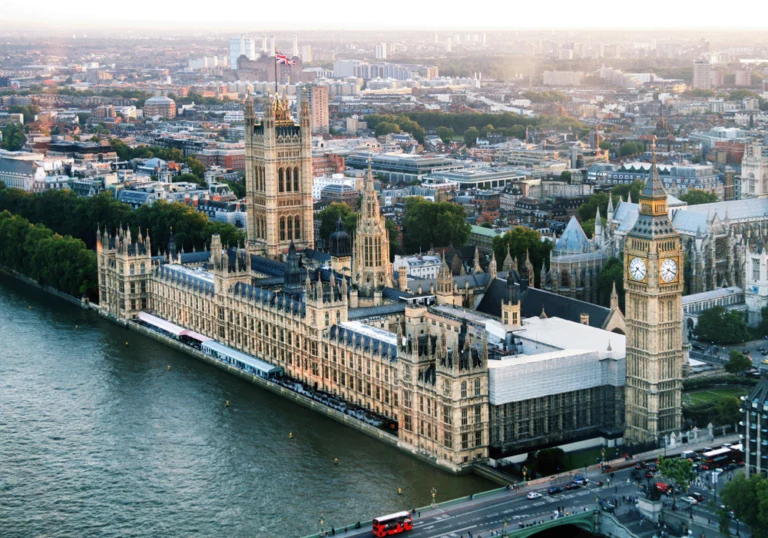
Big win for HMRC in the Upper Tribunal of Sonder Europe Ltd TOMs VAT case
What is the tour operators margin scheme?
The tour operators margin scheme (TOMS) is a special VAT scheme designed to simplify the taxation process for travel businesses. This scheme plays an important role in ensuring that tour operators can manage their margins effectively while complying with tax regulations.
Background and decision of the Sonder Europe LTD vs HMRC TOMS VAT case
Sonder Europe Ltd (Sonder) undertook the lease of self-contained apartments in the UK from third party landlords for varying lengths. The apartments were both furnished and unfurnished, with Sonder furnishing the required apartments. They then granted licenses to travellers to occupy the apartments for periods ranging from a single night up to a month, with the average stay being five nights.
Sonder considered that its supplies were within TOMS and successfully persuaded the first tier tribunal to rule in its favour.
HMRC appealed to the upper tribunal. It considered that TOMS did not apply to Sonder’s supplies of holiday accommodation. Moreover, HMRC argued that the accommodation bought in by Sonder’s was not a transaction for the direct benefit of the traveller and therefore not a designated travel service. It was instead an exempt supply of land.
Upper tribunal’s ruling
The upper tribunal agreed with HMRC. It determined that the internal repairing and insuring leases (IRI leases) acquired by Sonder were not supplies of travel services intended for the direct benefit of the travellers (the end customers). Instead, the IRI leases represented long-term property interests which Sonder modified, furnished and converted into short term holiday accommodation. This transformation meant the IRI leases were not comparable to traditional services bought in for direct resale, a key requirement for TOMS. In other words, the IRI leases were too remote from the final short-term stays offered to travellers thus failing the direct benefit test.
The upper tribunal also found that the transformation of the IRI leases from the state acquired into short term, fully furnished accommodation units amounted to material modification of the acquired services which meant that TOMS could not apply.
The upper tribunal overturned Sonder’s win at the FTT on July 2023 ruling TOMS did not apply.
This means VAT is due on the full value of the supplies made to the traveller, rather than on the margin achieved by Sonder which will be disappointing for other similar businesses who have calculated VAT due on a margin basis.
Potential appeals
This may not be the end though as Sonder Europe Ltd have until 14 February 2025 to appeal the decision.
Expert advice on understanding the tour operators margin scheme
PKF Francis Clark are specialists within this area. If you think this may apply to your business, please contact our VAT team for expert advice.
Key takeaways
- VAT at the standard rate is due on the supply of holiday accommodation. However, if the tour operators margin scheme (TOMS) applies, VAT is due on the margin, which would be significantly lower than if TOMS did not apply. Sonder Europe Ltd (Sonder) considered its supplies were within TOMS and appealed successfully to the first tier tribunal when HMRC disagreed
- The upper tribunal came to a different decision. In reversing the first tier tribunal ruling, it provided clarification for businesses operating in the travel and accommodation sector on the proper application of TOMS. Specifically, it underlined the importance of ensuring that bought in services must directly benefit the end traveller and must be supplied without material modification to qualify for TOMS
- Businesses leasing properties on long-term agreements for short term traveller use should carefully assess their VAT accounting practices to ensure compliance with this interpretation.













